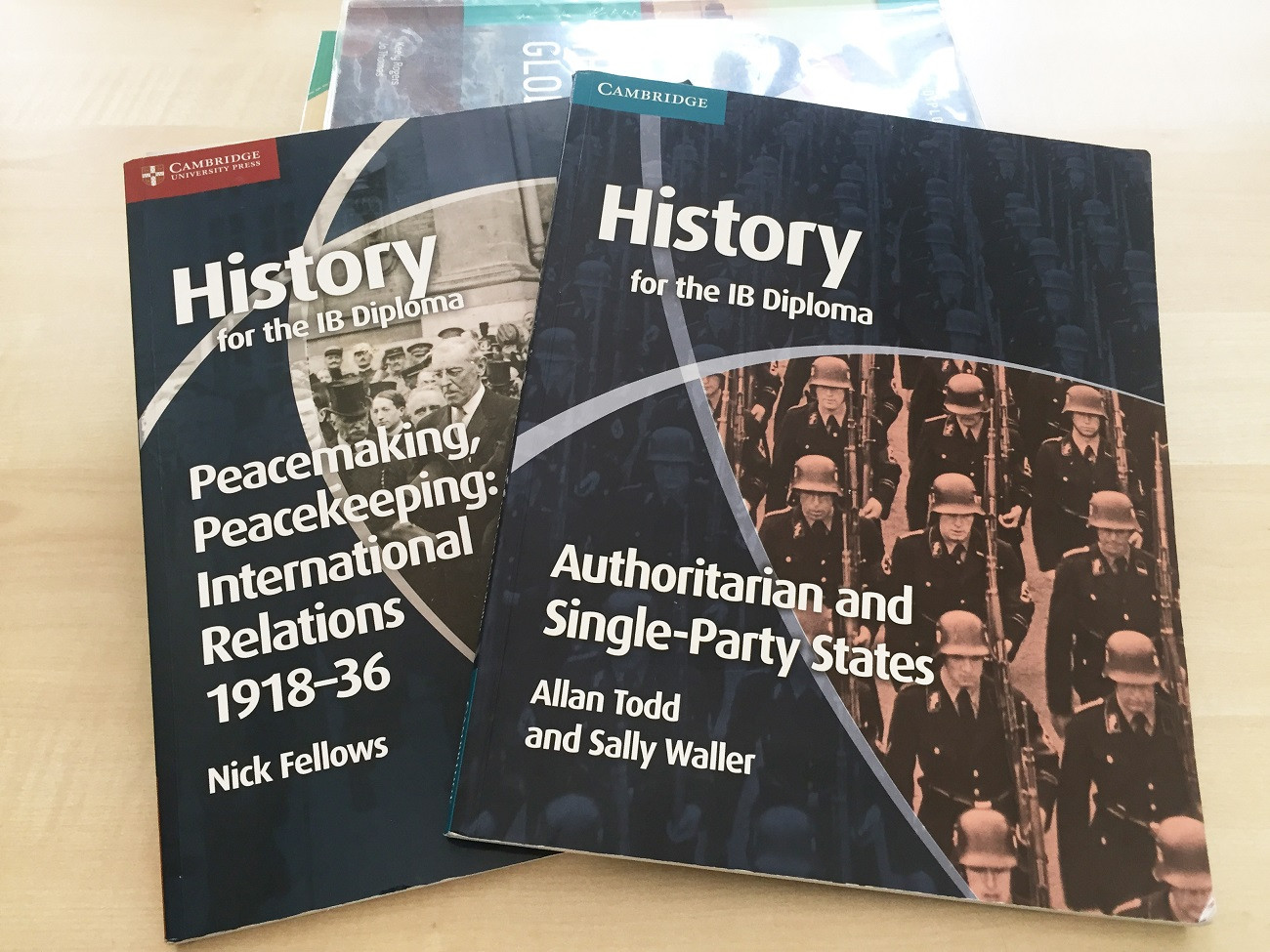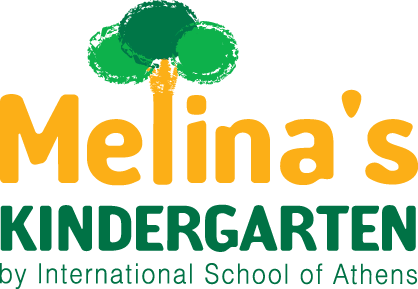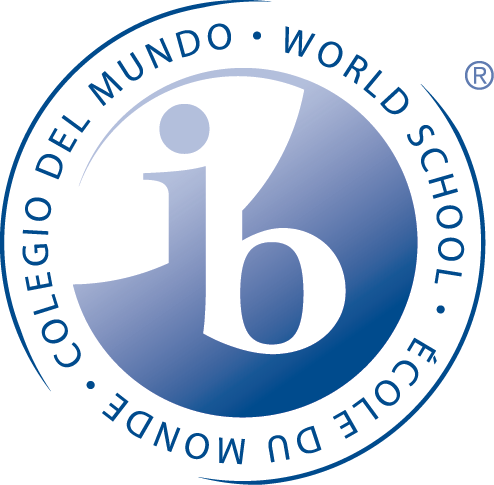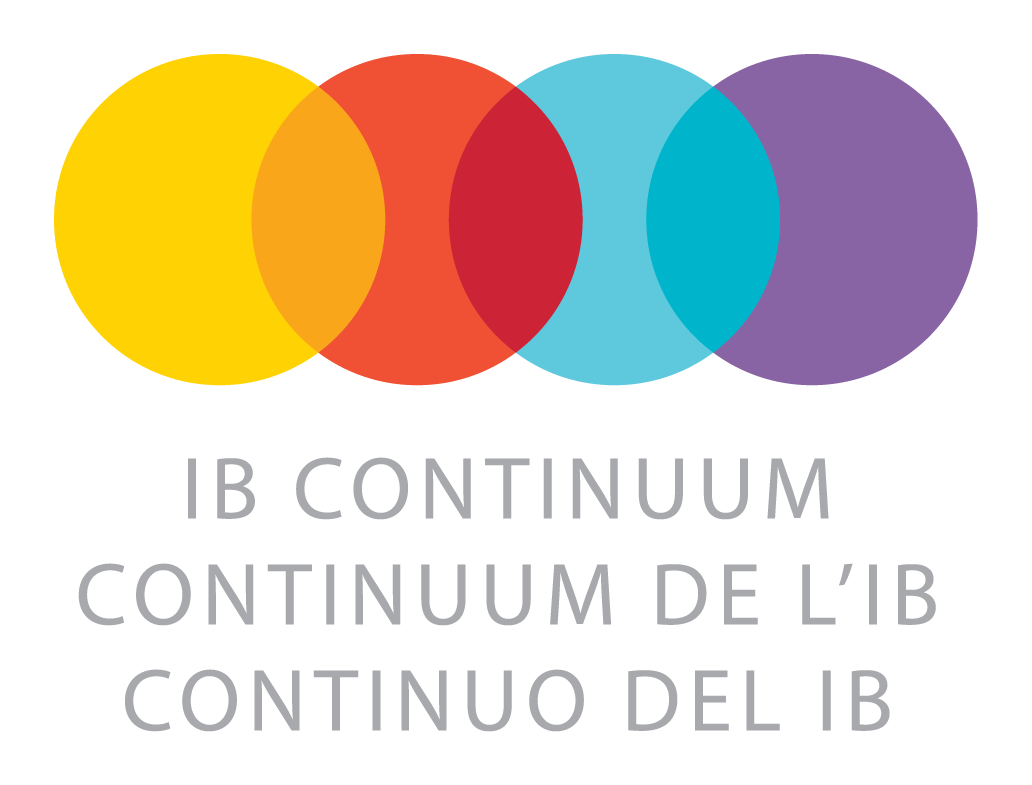A. COURSE DESCRIPTION
The International Baccalaureate approach to history follows closely the standards and practice of academic history. As it is stated, “history is more than the study of the past. It is the process of recording, reconstructing and interpreting the past through the investigation of a variety of sources. It is a discipline that gives people an understanding of themselves and others in relation to the world, both past and present”. It follows that history is not conceived as an accumulation of facts that call for memorization, description and definite answers but as a field of problems that call for analysis, interpretation, explanation and critical understanding. This approach to history also requires of the students to familiarize not only with past events but at the same time with different interpretation historians have given about these events.
B. AIMS AND OBJECTIVES
The aims of the History Course are to:
- Promote an understanding of history as a discipline, including the nature and diversity of its sources, methods and interpretations
- Encourage an understanding of the present through critical reflection upon the past
- Encourage an understanding of the impact of historical developments at national, regional and international levels
- Develop an awareness of one’s own historical identity through the study of the historical experiences of different cultures.
The Objectives of the History Course are the student to be able to:
- Recall and select relevant historical knowledge
- Apply and interpret historical evidence
- Show awareness of different approaches to, and interpretations of, historical issues and events
- Synthesize and evaluate historical facts and ideas
C. ATL RELATED SKILLS
- Communication: Taking part in debates and class discussions; being able to communicate insights and ideas; using and interpreting content specific resources to achieve goals
- Research: Finding, interpreting and judging sources relevant for the research; seek a range of perspectives from multiple and varied sources; organize, synthesize and make connections between the various sources
- Self-Management: Managing time and tasks effectively; coping with difficulties; reflecting on personal strengths and weaknesses
- Thinking: Analyzing and evaluating issues and ideas; generating novel ideas and considering new perspectives; using skills and knowledge in multiple contexts
D. COURSE OUTLINE
The curriculum model for Diploma Programme History is a core curriculum for Standard Level (SL) and Higher Level (HL). The ISA IB History Course concentrates on late 19th and 20th century world history, with a special focus on Europe. This entails for the SL/HL core the study of one prescribed subject and two topics. In addition, HL students study one of the five HL syllabuses.
- Prescribed Subject
The Move to Global War
This prescribed subject focuses on military expansion from 1931 to 1941. Two case studies are prescribed, from different regions of the world, and both of these case studies must be studied. The first case study explores Japanese expansionism from 1931 to 1941, and the second case study explores German and Italian expansionism from 1933 to 1940. The focus of this prescribed subject is on the causes of expansion, key events, and international responses to that expansion. Domestic and ideological issues will also be considered in terms of the extent to which they contributed to this expansion.
- Topics
1. World History Topic 10: Authoritarian States (20th Century)
- Mussolini and Italy
- Hitler and the Third Reich
- Mao and China
2. World History Topic 11: Causes and effects of 20th Century Wars
- World War I
- World War II
- Russian Civil War
- Chinese Civil War
- Higher Level Option 4: History of Europe
1 (Option 12): Imperial Russia, revolution and the establishment of the Soviet Union (1855–1924)
• Alexander II (1855–1881): the extent of reform
• Policies of Alexander III (1881–1894) and Nicholas II (1894–1917): economic modernization, tsarist repression and the growth of opposition
• Causes of the 1905 Revolution (including social and economic conditions and the significance of the Russo-Japanese War); consequences of the 1905 Revolution (including Stolypin and the Dumas)
• The impact of the First World War and the final crisis of autocracy in February/March 1917
• 1917 Revolutions: February/March Revolution; provisional government and dual power (Soviets); October/November Revolution; Bolshevik Revolution; Lenin and Trotsky
• Lenin’s Russia/Soviet Union; consolidation of new Soviet state; Civil War; War Communism; New Economic Policy (NEP); terror and coercion; foreign relation
2. (Option 14): European states in the inter-war years (1918–1939)
- Germany: The Weimar Republic, rise and consolidation of the Nazi State
- Italy: Decline of the Republic, rise and consolidation of Fascism
- Spain: The emergence and collapse of the Republic
- Russia: Revolution and consolidation of the Soviet State, Stalinism
3. (Option15): Versailles to Berlin: Diplomacy in Europe (1919–1945)
- Peace settlements (1919–1923): Versailles; Neuilly; Trianon; St Germain; and Sèvres/Lausanne
- The League of Nations and Europe
- Italian and German foreign policies (1919–1941)
- Collective security and appeasement (1919–1941)
- Causes of the Second World War
- Impact of the Second World War on civilian populations in any two countries (Germany and USSR)
*Links with Theory of Knowledge (TOK):
History is one of the eight areas of knowledge that are at the centre of the TOK course. All the material covered in the two year History course therefore will provide opportunity for making links and reflecting on questions relating to TOK.
E. ASSESSMENT OUTLINE
- IB Diploma Programme HL/SL:
External assessment 75%:
- Paper 1 (30% SL/ 20%HL): Four short-answer/structured questions
- Paper 2 (45% SL / 25% HL): Two extended-response questions
- Paper 3 (HL only 35%): Three extended-response questions
Internal assessment 25% SL / 20% HL: Historical investigation on any area of the syllabus






